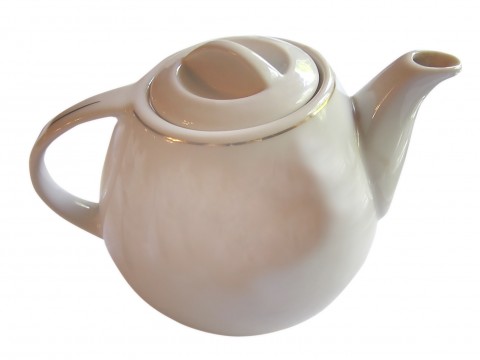If you’re an herbal tea lover, you may have seen special tea labeled ‘pregnancy tea’ at your local grocery store. Pregnancy teas are marketed as good for a healthy pregnancy. Some midwives and other caregivers who support the use of herbs believe that regular consumption of pregnancy tea may help tone your uterine muscles and prepare your uterus for birth. These teas are also believed to prevent pregnancy complications like preterm labor, preeclampsia, prolonged labor, and postpartum hemorrhage. Raspberry leaf is a primary ingredient in many of pregnancy teas.
The Tea Debate

Some midwives have used raspberry leaf to help shorten labor, but this hasn’t been proven. A 2001 study, published in the Journal of Midwifery and Women’s Health, found that raspberry leaf did not shorten the first stage of labor but it did shorten the second stage of labor. There was also a lower rate of forceps deliveries among women who used raspberry leaf. Despite this, there is controversy in the medical community on whether women should use raspberry leaf in the second and third trimester. Many physicians are cautious and only recommend that you use it in the first trimester.
Discuss Pregnancy Tea with Your Physician
If you’re considering drinking pregnancy tea, you may want to talk to your healthcare provider first. Drinking herbal tea in pregnancy is a highly debated topic in the medical community. Some doctors recommend women stay away from herbal teas all together, since large amounts of herbs can potentially stimulate your uterus and cause miscarriage. The general consensus is that pregnancy tea can be harmful if you drink too much.
Unfortunately, herbs used for pregnancy tea haven’t been studied well in pregnant women, so it’s hard to say which herbs are safe and which aren’t. There are herbs that are likely to be safe, such as peppermint leaf, lemon balm, and ginger root. Herbs in pregnancy tea that should be avoided include coca (since it may contain small traces of cocaine), comfrey (which may damage your liver), lobelia (which contains nicotine), and mate (since it has as much caffeine as coffee).